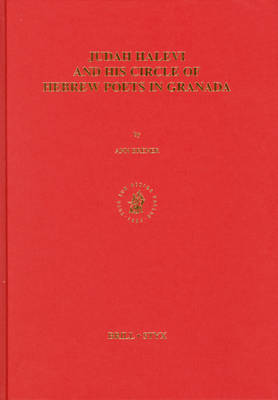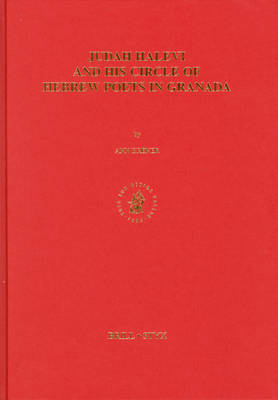
- Afhalen na 1 uur in een winkel met voorraad
- Gratis thuislevering in België vanaf € 30
- Ruim aanbod met 7 miljoen producten
- Afhalen na 1 uur in een winkel met voorraad
- Gratis thuislevering in België vanaf € 30
- Ruim aanbod met 7 miljoen producten
Zoeken
Omschrijving
Perhaps the greatest Hebrew poet since biblical times, Judah Halevi (ca. 1075-1141) is best-known for his "Songs of Zion," written late in life. But when Halevi first appeared on the stage of history, he was just a young man, incredibly talented - and completely unknown. This study focuses on Halevi's earliest period of creativity within a circle of Hebrew poets centering on the Muslim city-kingdom of Granada. Part One examines the lure of Muslim Spain for an up-and-coming young poet and the poems paving his way thither; Part Two, the social setting in which this circle of poets flourished and the dynamics behind many of its poems. A number of poems are brought in translation, many for the first time.
Specificaties
Betrokkenen
- Auteur(s):
- Uitgeverij:
Inhoud
- Aantal bladzijden:
- 156
- Taal:
- Engels
- Reeks:
- Reeksnummer:
- nr. 6
Eigenschappen
- Productcode (EAN):
- 9789004147096
- Verschijningsdatum:
- 5/08/2005
- Uitvoering:
- Hardcover
- Formaat:
- Genaaid
- Afmetingen:
- 178 mm x 246 mm
- Gewicht:
- 485 g

Alleen bij Standaard Boekhandel
+ 796 punten op je klantenkaart van Standaard Boekhandel
Beoordelingen
We publiceren alleen reviews die voldoen aan de voorwaarden voor reviews. Bekijk onze voorwaarden voor reviews.








